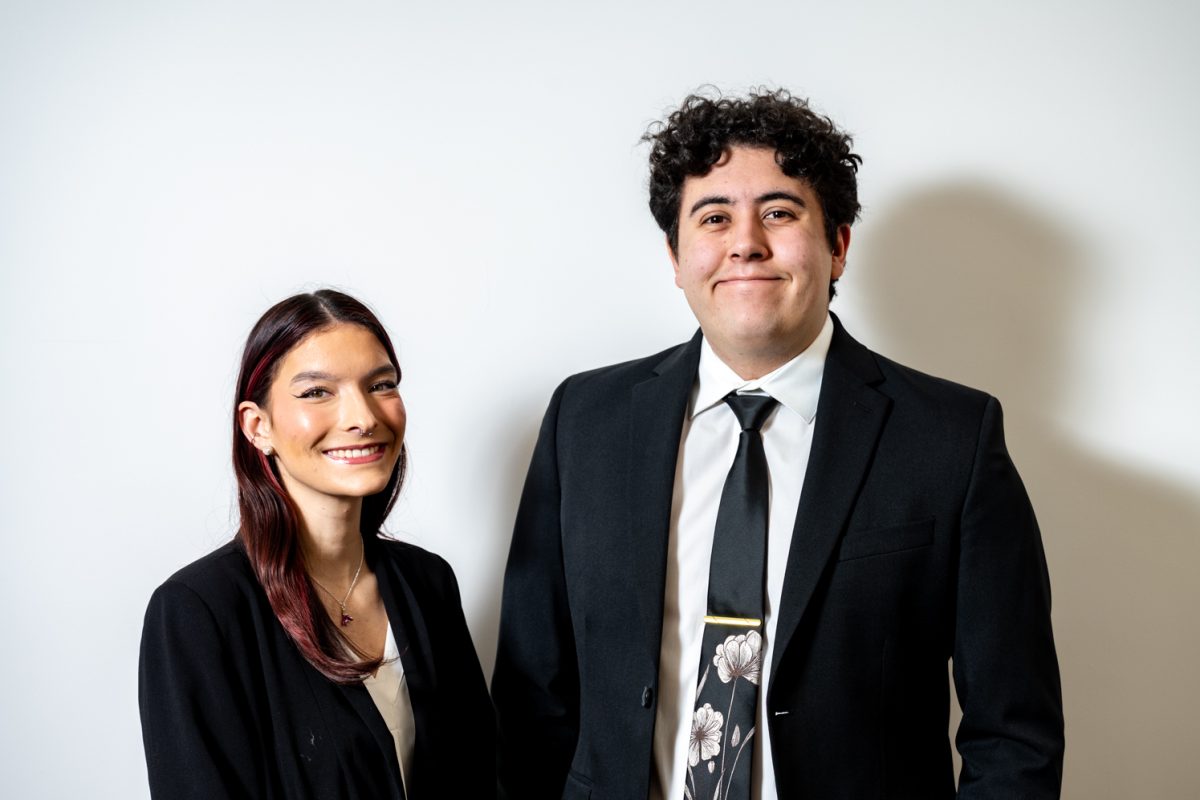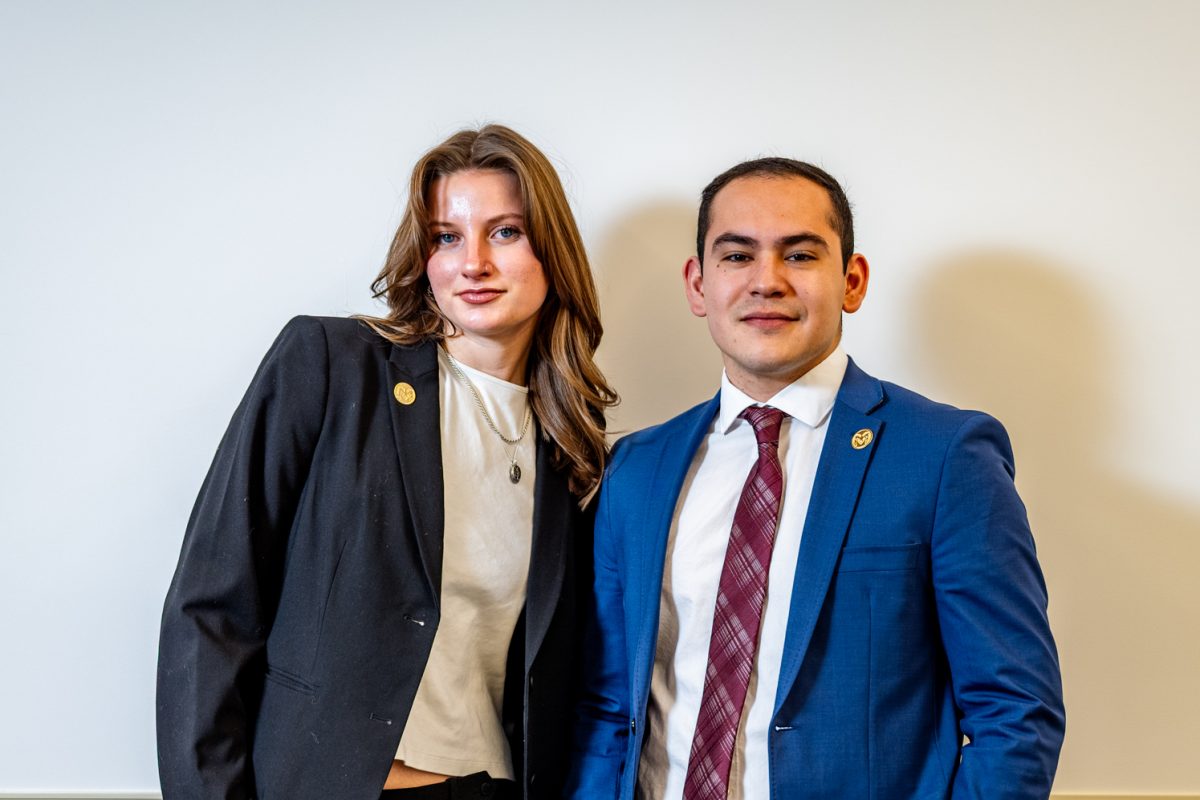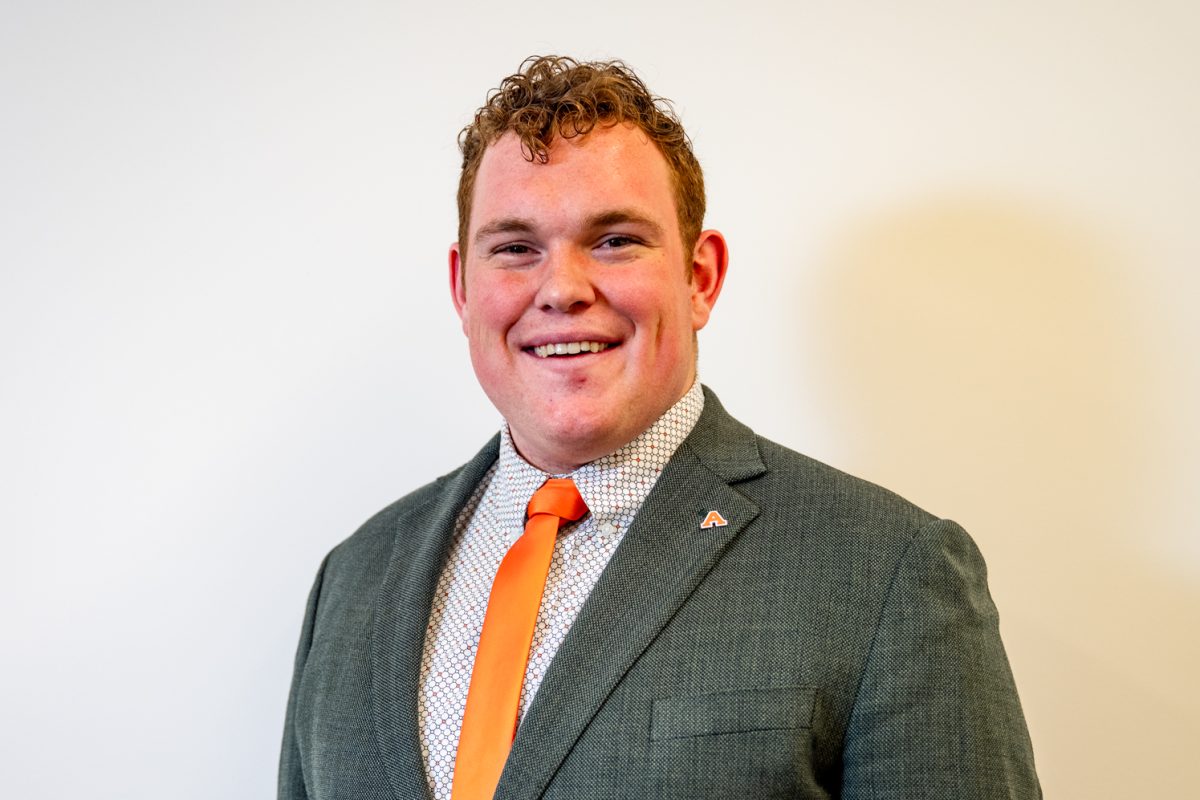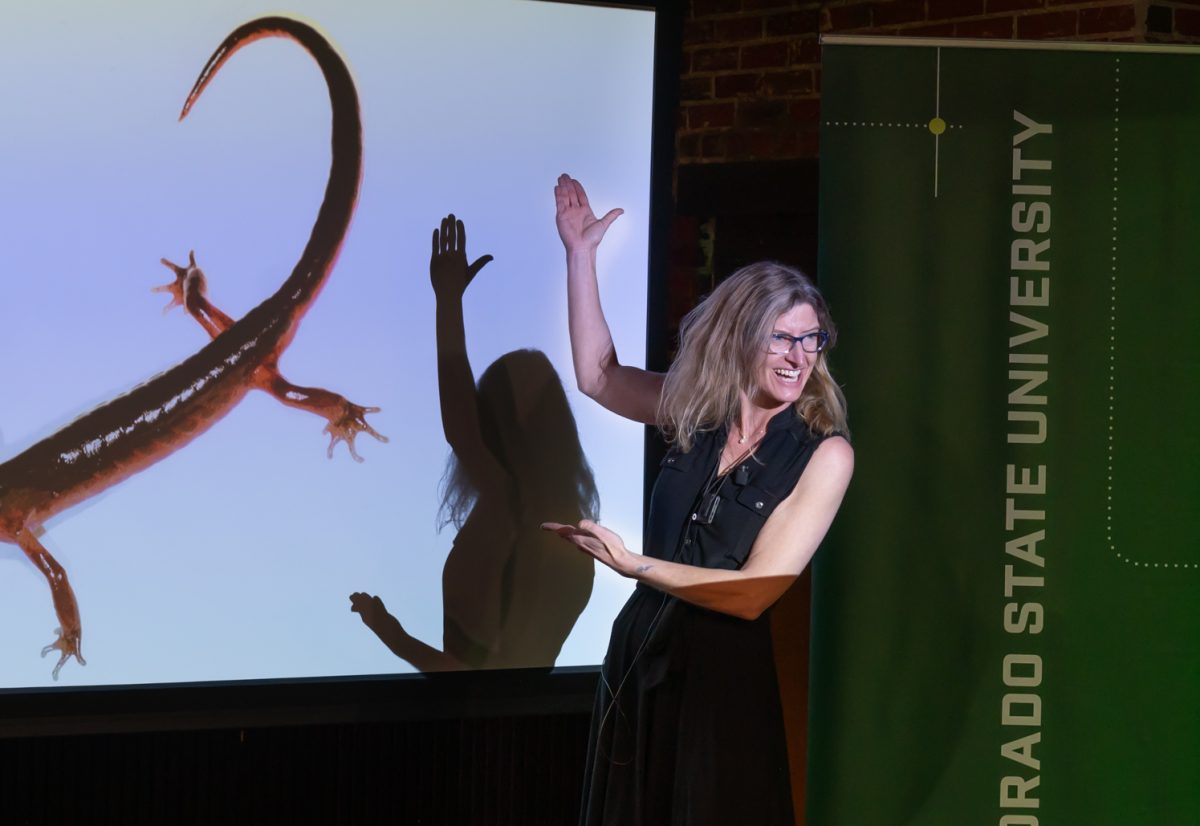Colorado Parks and Wildlife services closed their investigation on Gregory Ebel, issuing him a citation for the illegal possession of wildlife on April 25
A CPW press release indicated that Dr. Ebel’s scientific collection license issued by the state was suspended on April 22. Jason Clay, CPW public information officer, sent an email to The Collegian April 10 confirming there was an ongoing investigation of the CSU professor.
The organization issued a $208 fine to Ebel for five crows. CPW also gave Ebel a warning on the 32 additional crows he had in his laboratory.
“Given the violations that did take place, a citation was issued for the wrongdoing. Rules and regulations must be followed, but we will continue to work with CSU faculty to obtain the proper permit to allow this important research to continue,” said Area Wildlife Manager Ty Petersburg in the press release.
According to the press release, “Dr. Ebel, in 2018, did not apply for a scientific collection permit with the state to possess animals. That came in a year when he had collected crows to be used in his study, and where the violation occurred.”
“(Fining Ebel for five crows) was determined after the investigation as the penalty to be enforced,” Clay wrote. “Also, it was not his lab given a warning, it was the individual. Scientific collection permits are issued out to an individual, not a group or organization or university.”
Consequently, another CSU faculty member could apply for a permit to allow this research project to continue.
The People for the Ethical Treatment of Animals filed a complaint with CPW against Ebel in the fall of 2018 due to a tip received stating that Ebel was keeping wild caught crows in his laboratory.
In a previous University statement, Dell Rae Ciaravola, CSU crisis, safety and risk manager, said Ebel’s research was to further understand how viruses like West Nile emerge and the impact of the environmental change that surrounds the behavior and spread of these viruses.
“His work focuses on trying to understand the evolutionary and population genetics of how viruses such as West Nile emerge. How these viruses behave and spread is an increasingly common concern (and a problem we want to better understand) due to environmental change, the rise of tropical megacities and increases in global travel and trade,” Ciaravola wrote in a previous statement.
“Upon investigation, this case appears to be one of an administrative oversight, not an intentional violation,” Petersburg said in the release. “We are supportive of the academic research Colorado State is conducting with this human health and safety project.
Laura Studley can be reached at news@collegian.com or on Twitter @laurastudley_.










